
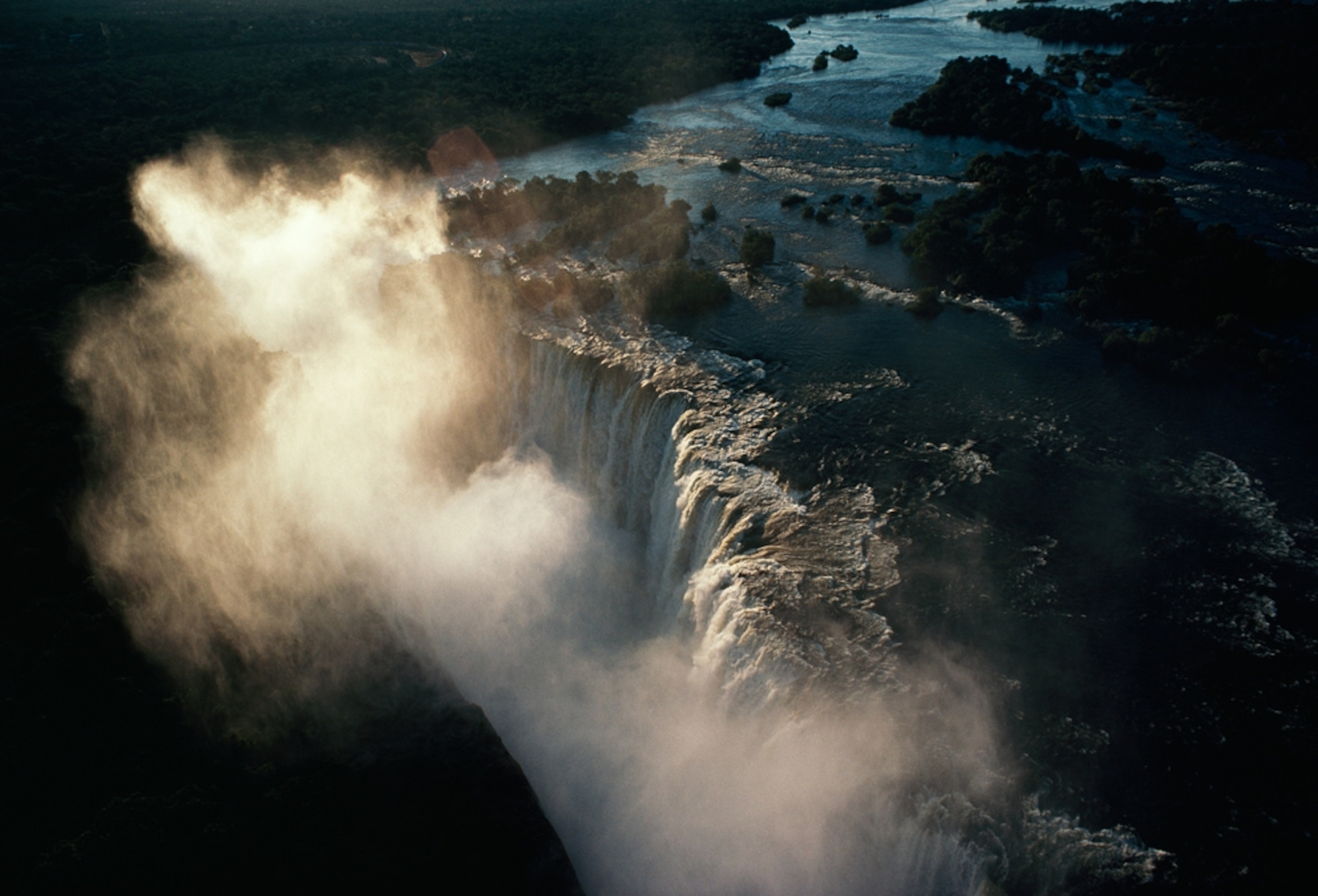
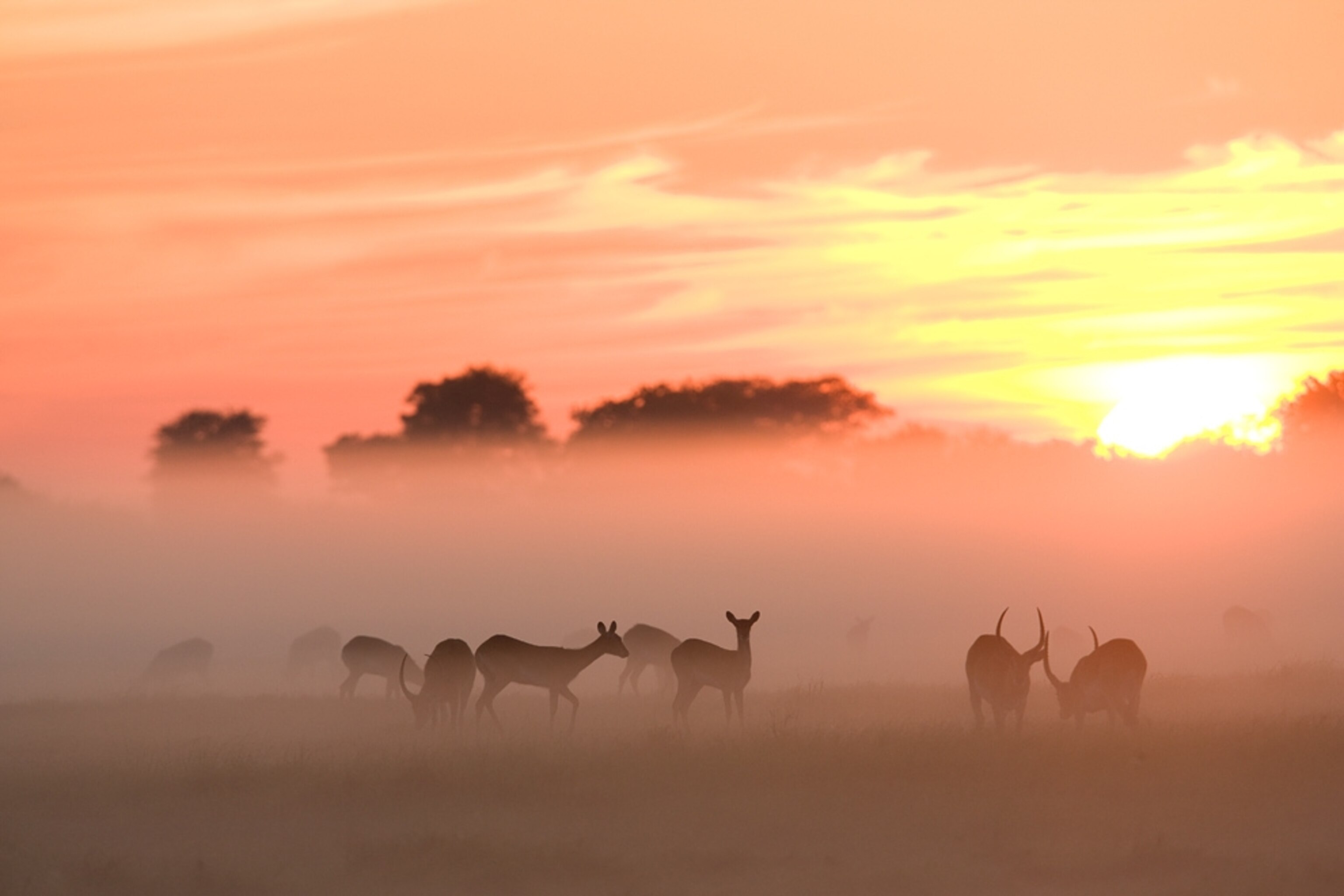
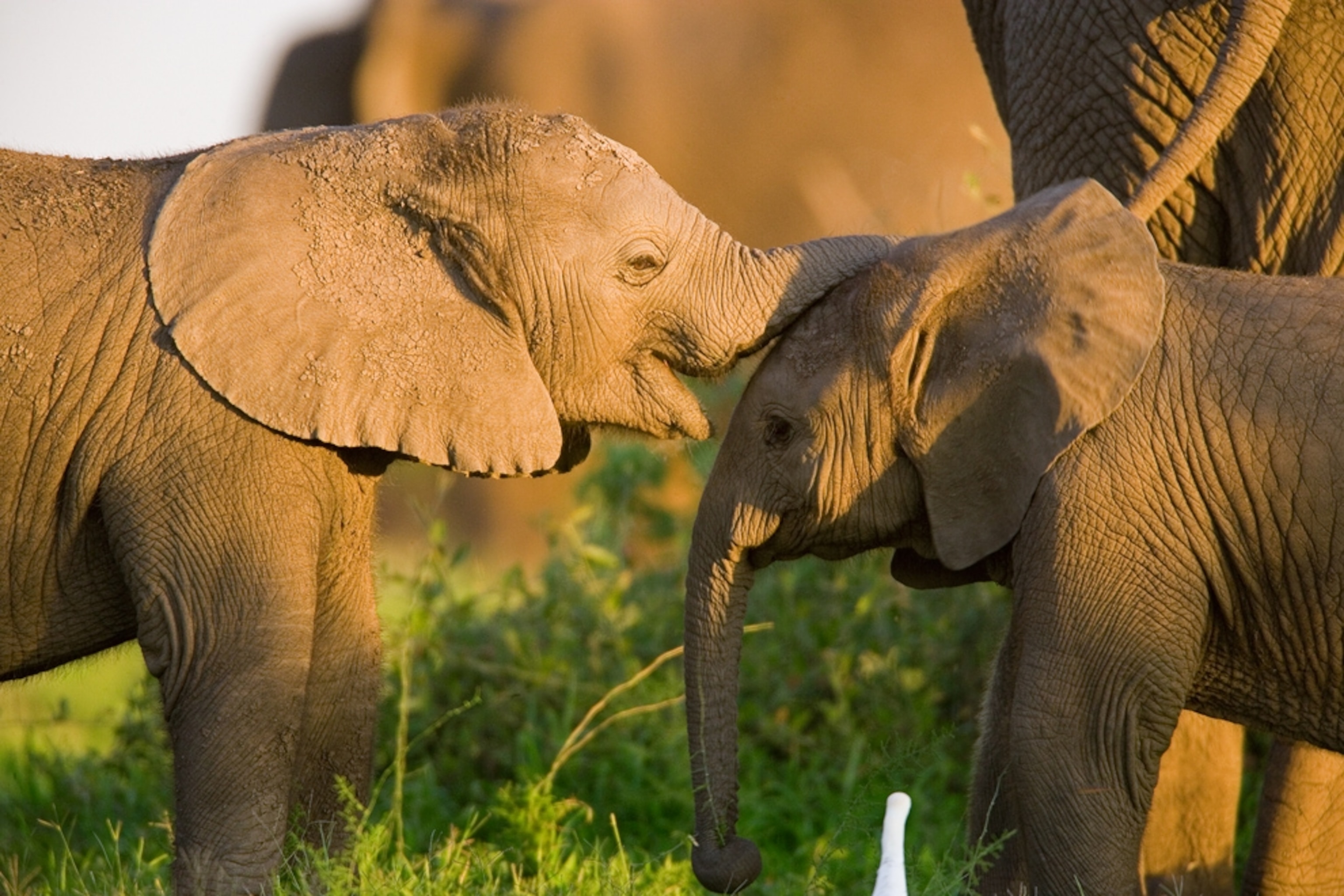
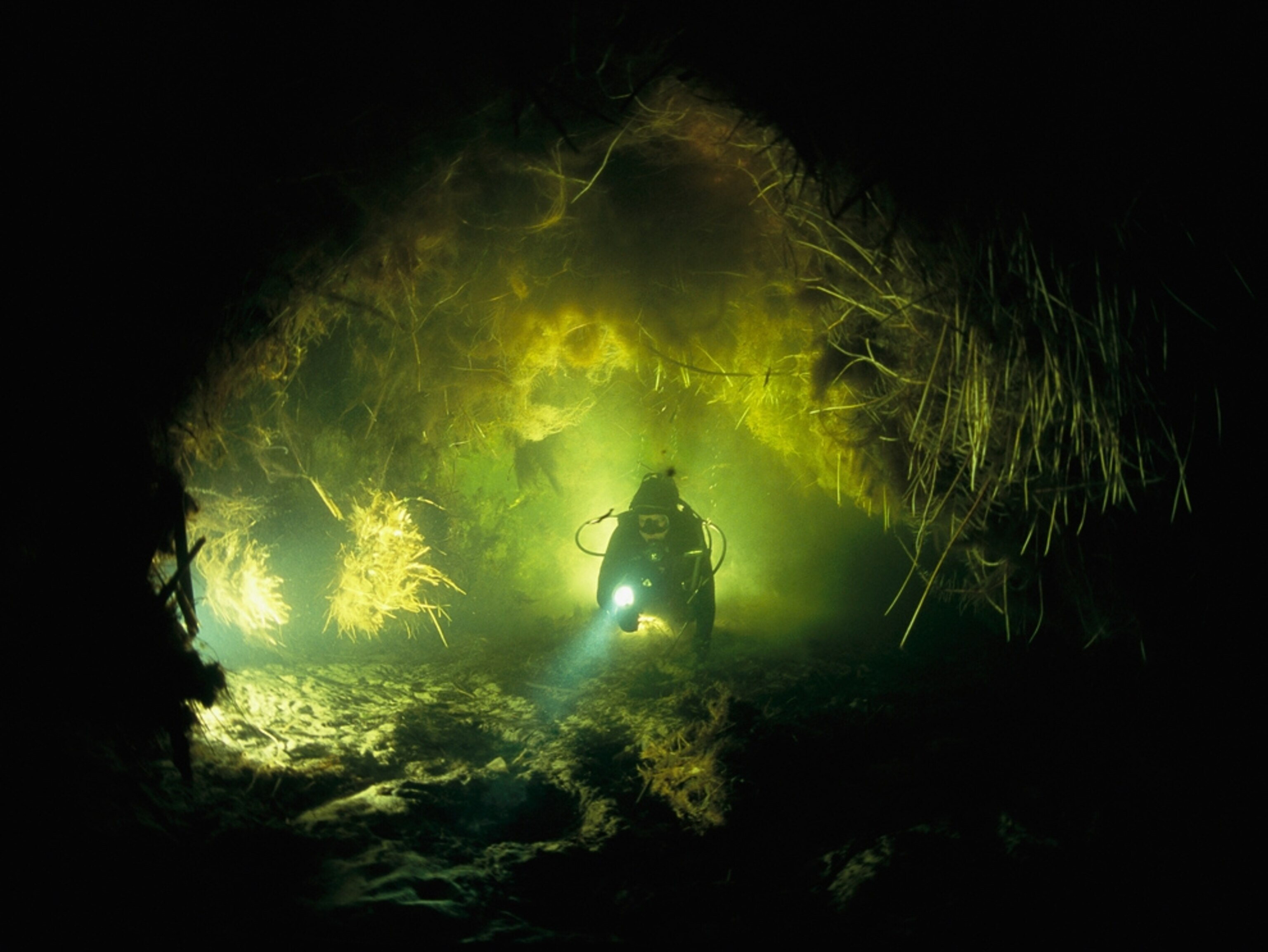
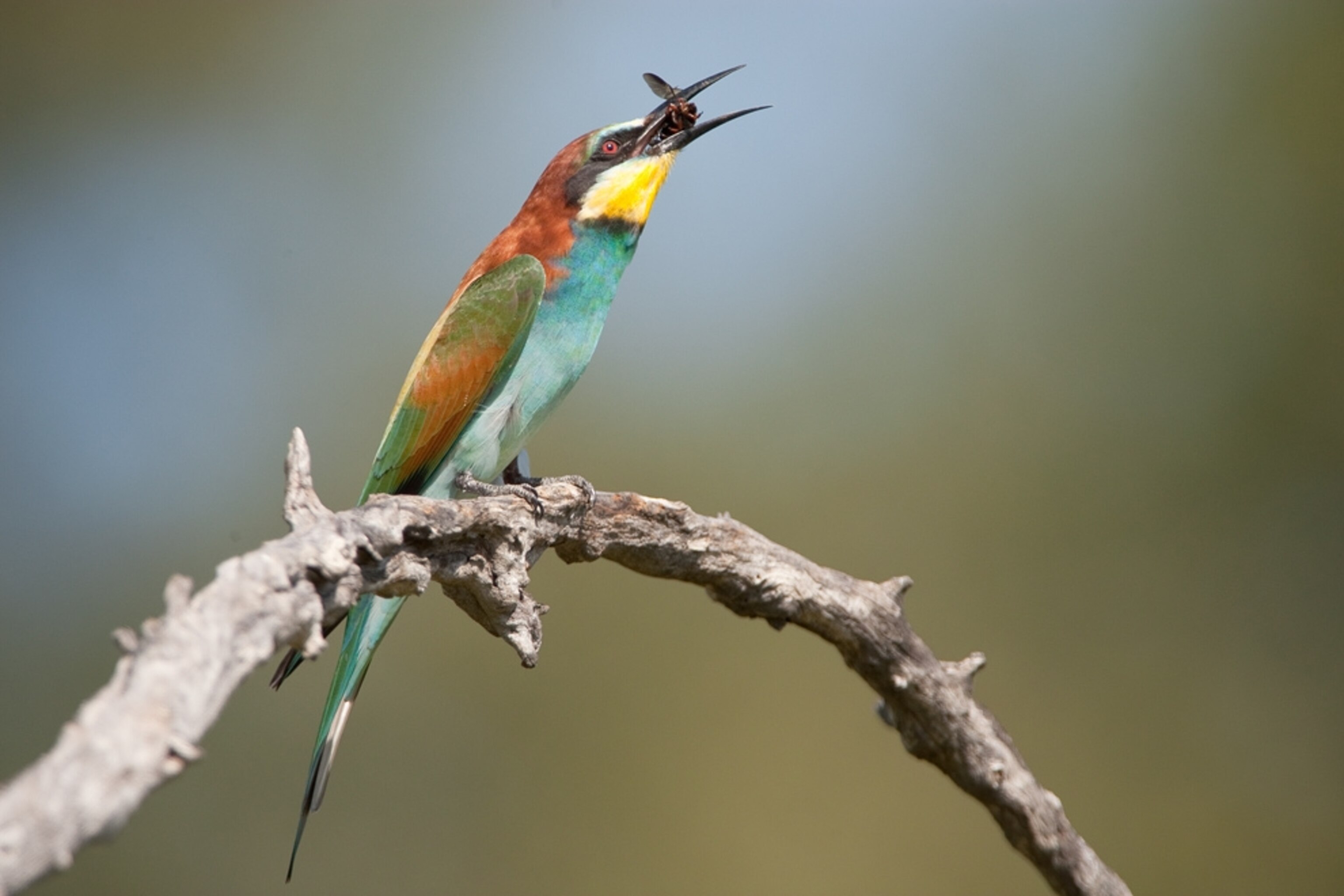
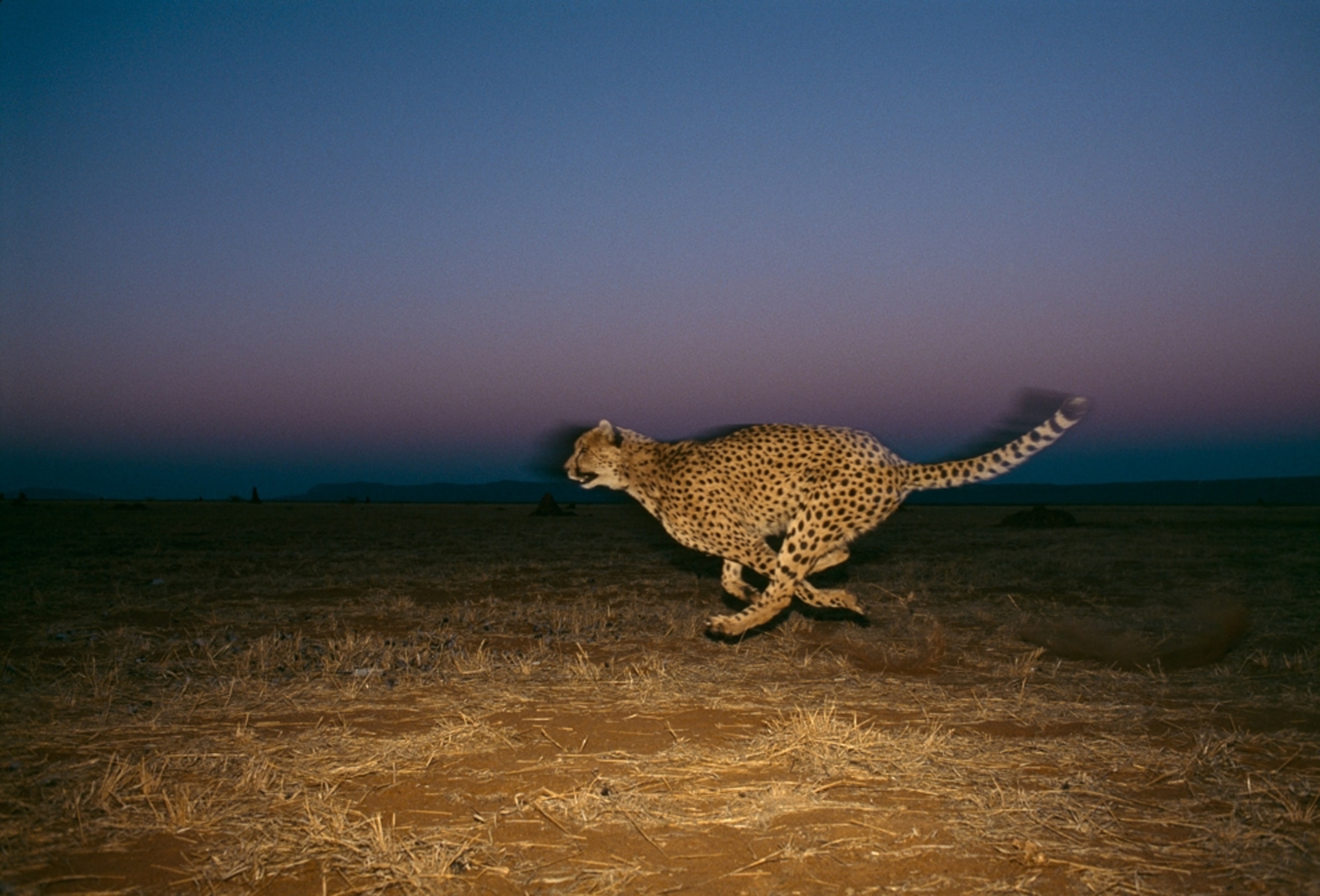
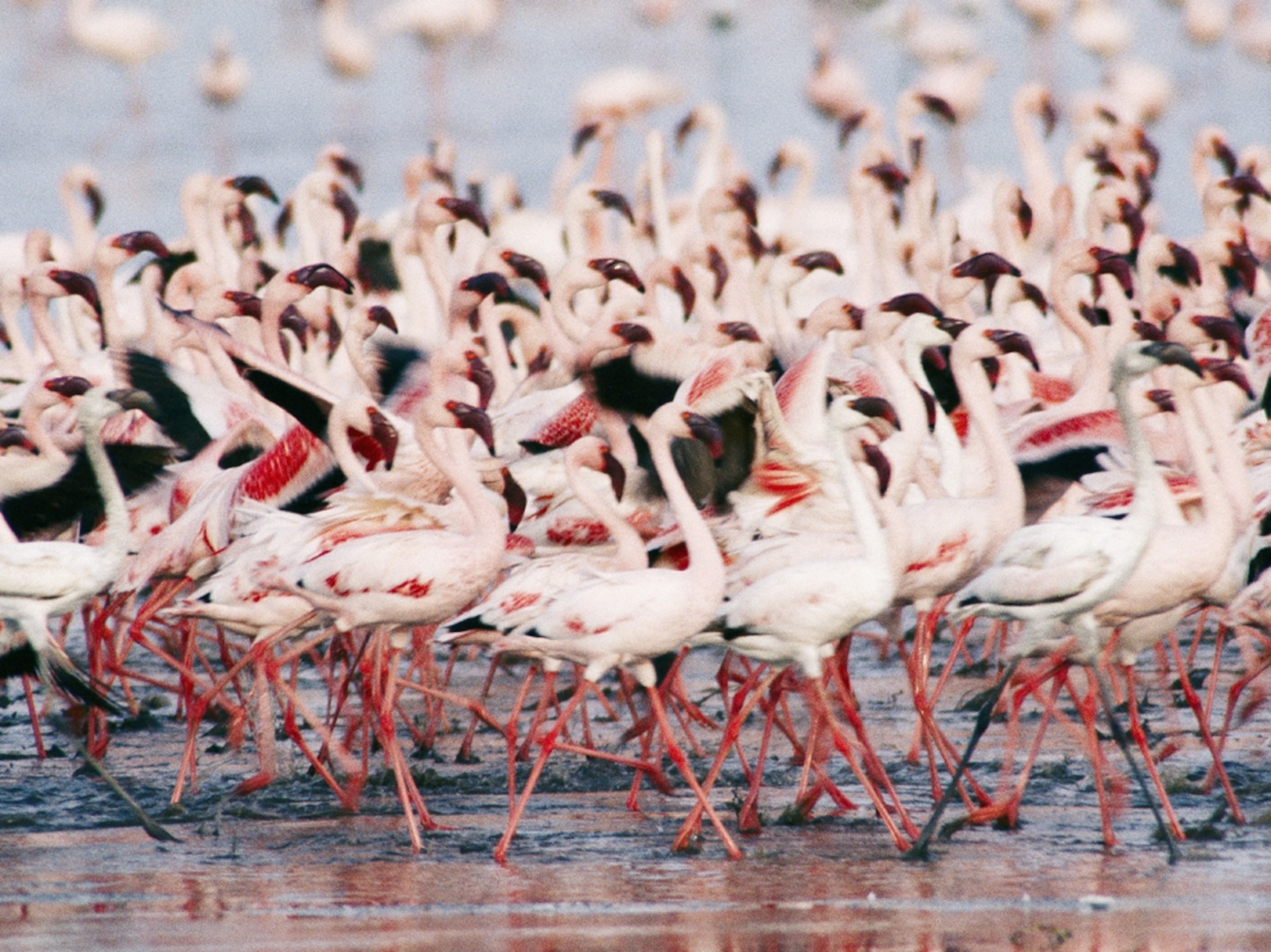
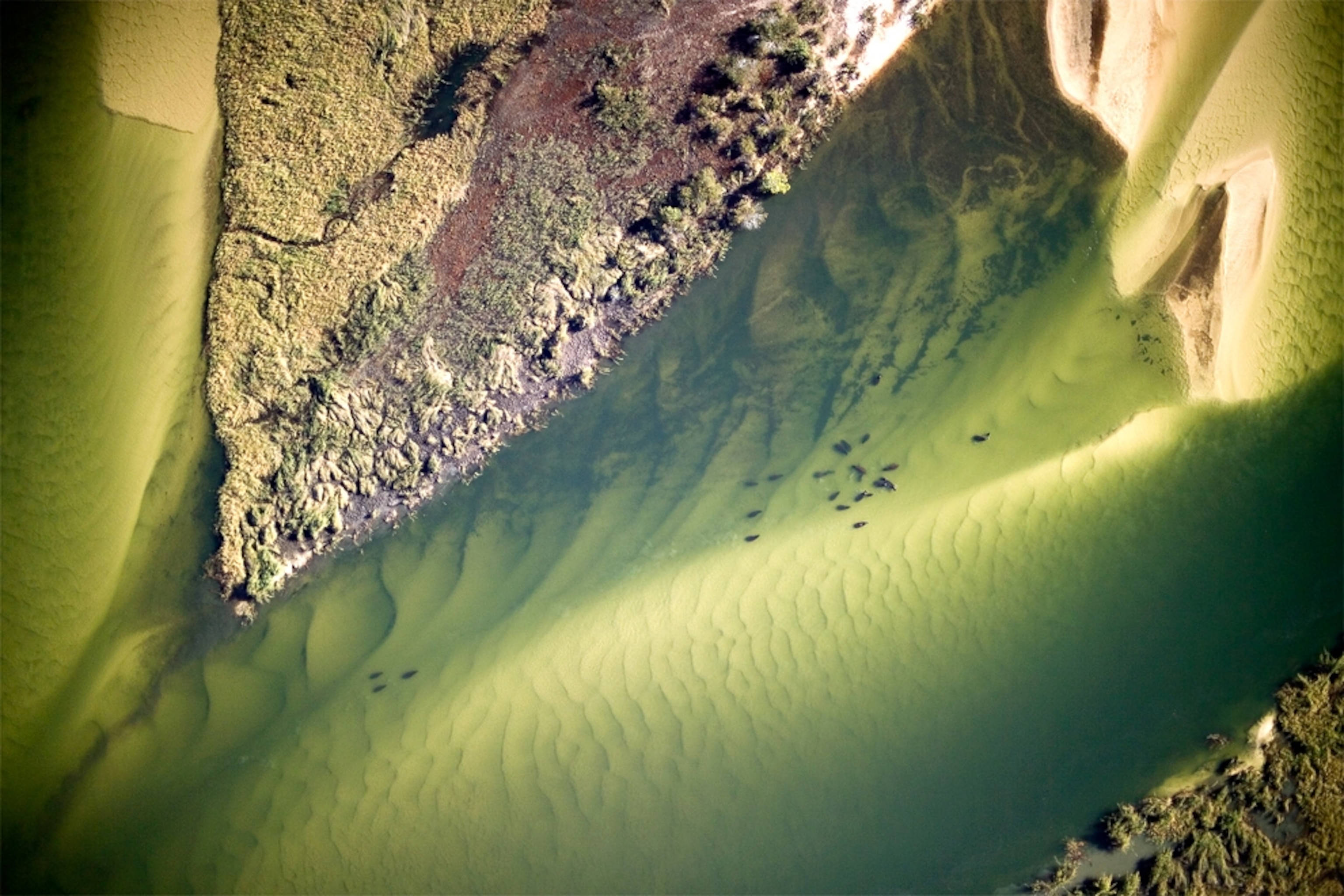
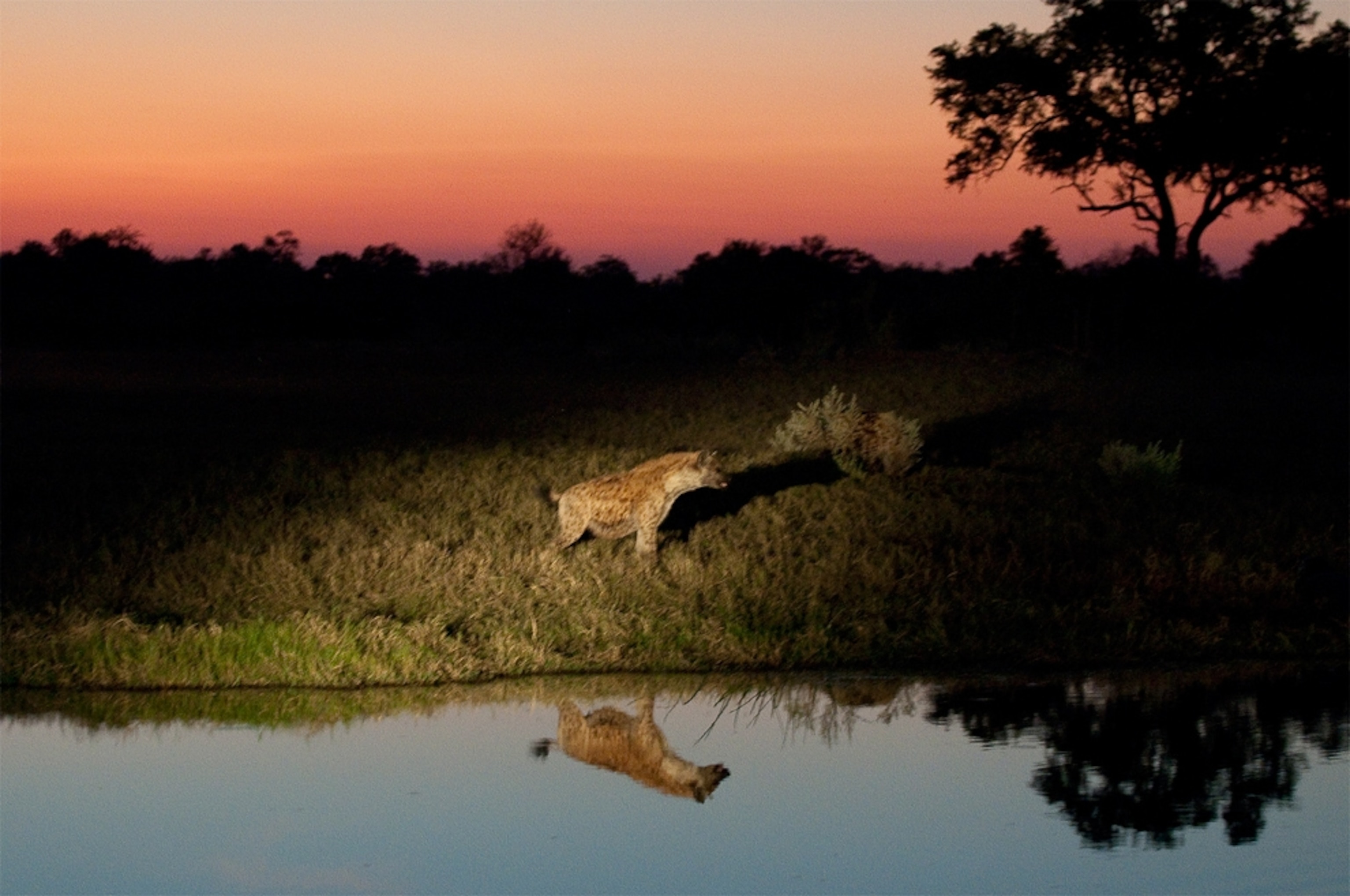
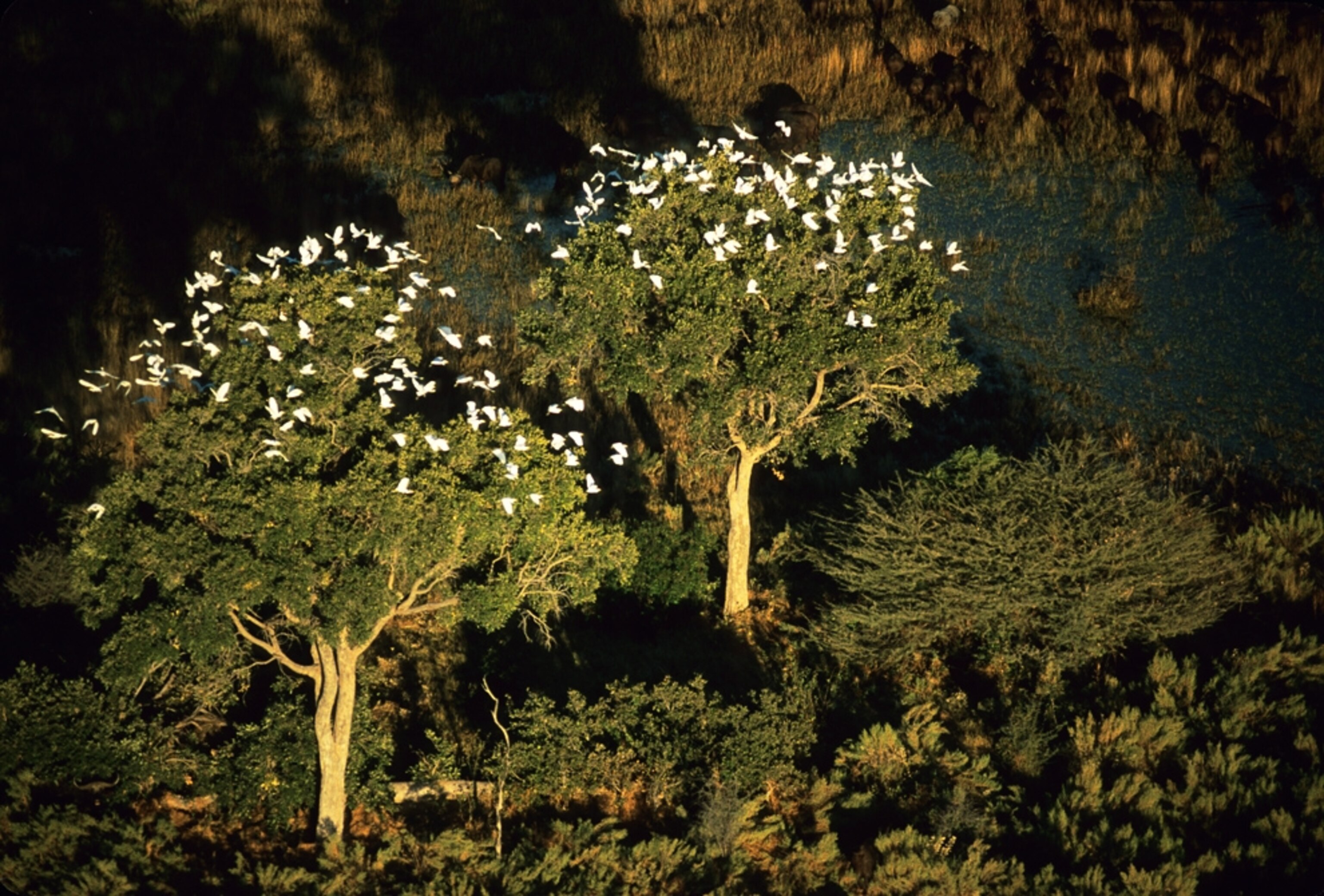
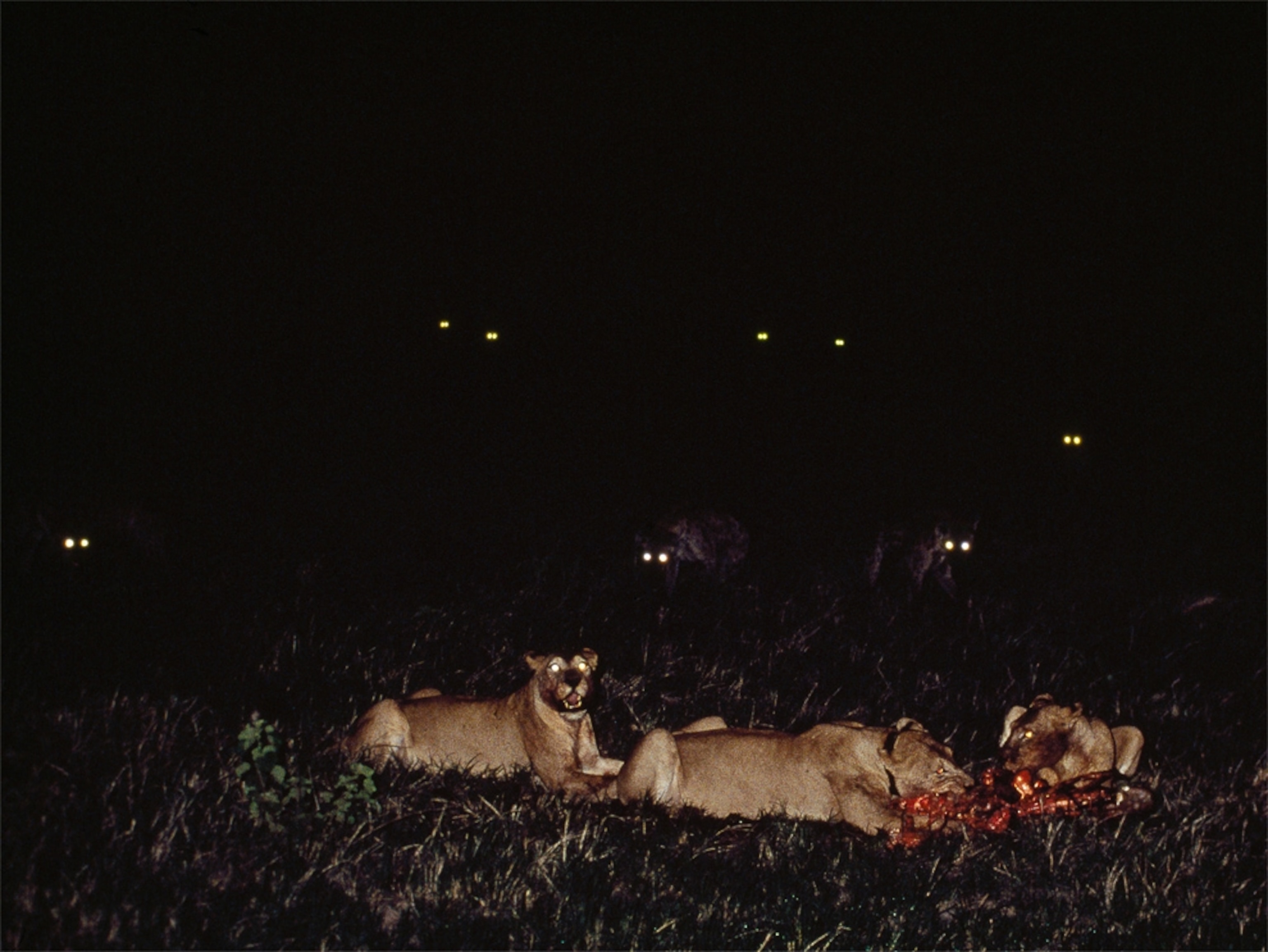

1 of 13
King of the DeltaA male African lion wanders Botswana's Okavango Delta, part of a new international conservation area that will be the world's largest, organizers announced earlier this month.Spanning an area of Africa almost the size of Italy, the Kavango Zambezi Transfrontier Conservation Area, or KAZA, will encompass 36 national parks, game reserves, wildlife-management areas, and tourism areas, according to WWF, a conservation organization offering both technical and financial support to the initiative.In 2011 presidents of five African nations—Angola, Botswana, Namibia, Zambia, and Zimbabwe—signed a treaty establishing the huge protected region, which has been in the works for several years. (See "Five-Country Conservation Area Would Aid Africa's Largest Elephant Herd.")"It's quite unique, in that you have five countries coming together with a shared vision, and it's a vision based on conservation," said Lisa Steel, director of WWF's Namibia Program."The intent is to make it a leading conservation area and tourist destination in the region ... where communities are the main beneficiaries."Conservationist Brian John Huntley, a professor at the University of Cape Town in South Africa, has worked in the region for four decades. He said KAZA has "noble intentions."However, such transfrontier conservation areas have previously "been launched with great fanfare [and] political posturing at the level of presidents and prime ministers, and even though they've attracted a considerable amount of donor funding, very few—if any—have actually succeeded in their goals, simply because of lack of capacity in various countries," Huntley said."Like many other grandiose schemes foisted upon Africa, KAZA is an invention of the imagination of a few conservationists who believe that big is beautiful, have little experience of institutional realities or responsibilities, but enjoy the fun of grand design."—Christine Dell'Amore
Photograph by Roy Toft
Pictures: Biggest Conservation Area Created in Africa
The huge new region will allow wildlife to roam and will boost ecotourism, organizers say. But not all conservationists are convinced.
Published March 27, 2012